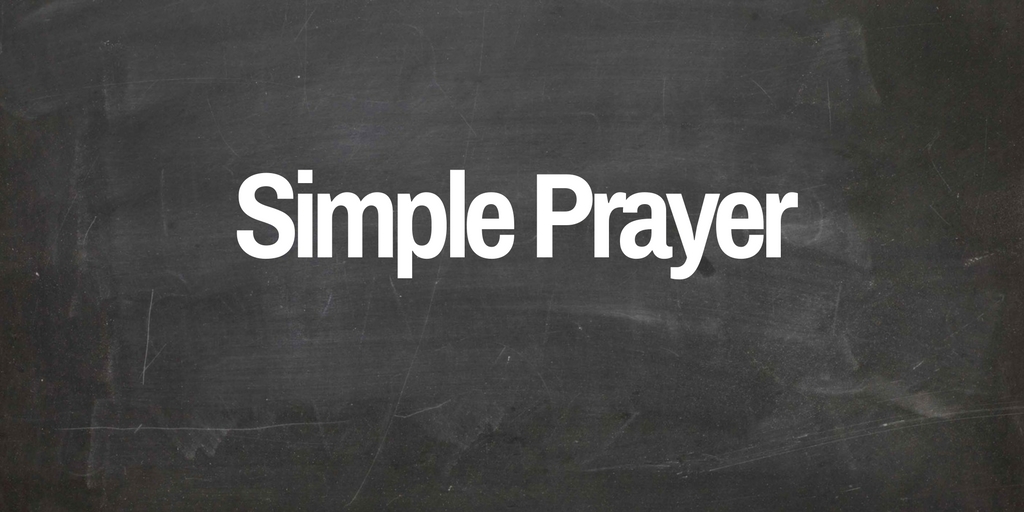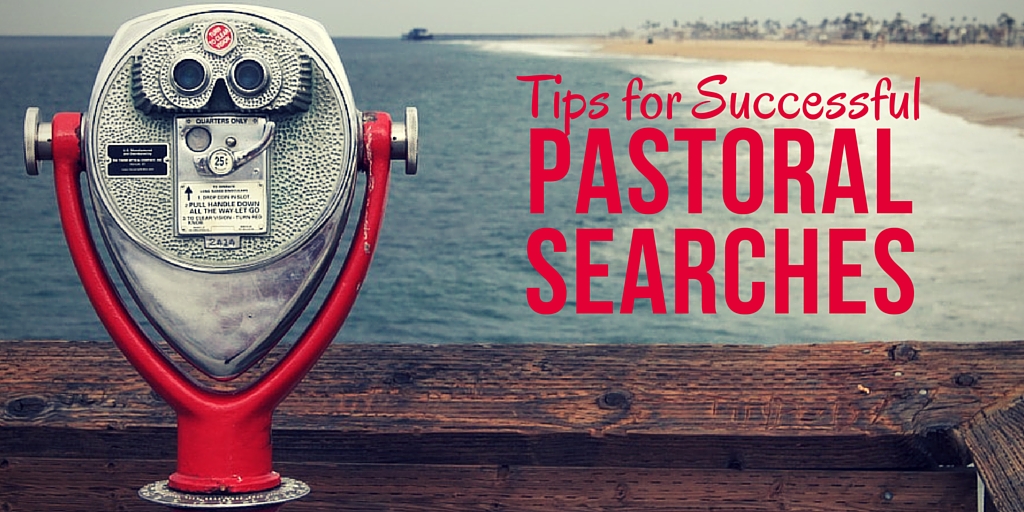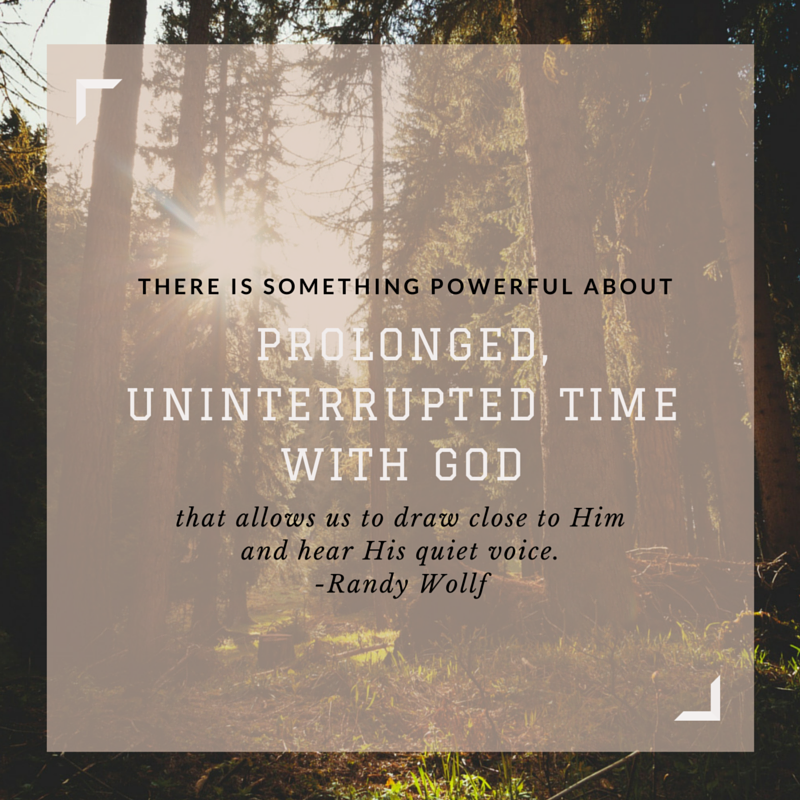Simple Prayer
 Do your silent prayers sometimes get ambushed by your overloaded brain? For instance, as you pray for your friend, you think of his smile and it reminds you of how happy he looks when his mouth of full of his favourite candy. The image makes you think of the sweet taste of sugar and suddenly your mouth is watering and you begin to think about what you should have for dinner. Then you remember that you’re not meal planning, but praying! You’re only four seconds removed from an earnest prayer, but now you feel frustrated—maybe even embarrassed—that you can’t stay focused while you talk with God.
Do your silent prayers sometimes get ambushed by your overloaded brain? For instance, as you pray for your friend, you think of his smile and it reminds you of how happy he looks when his mouth of full of his favourite candy. The image makes you think of the sweet taste of sugar and suddenly your mouth is watering and you begin to think about what you should have for dinner. Then you remember that you’re not meal planning, but praying! You’re only four seconds removed from an earnest prayer, but now you feel frustrated—maybe even embarrassed—that you can’t stay focused while you talk with God.
It happens to me too.
I’ve heard (and tried) different ways to keep prayer distractions at a minimum. You can pray out loud or write down your requests instead of composing them in your head. You can make a note of everything that comes to your mind and then take care of these things at a later time. These strategies work just fine, but they don’t always relieve me from the negative feelings that discourage me when I’m interrupted by the endless sea of my thoughts. Having my prayers intercepted by a distraction can make me feel like I’m failing or that my faith is too weak because I can’t stay focused. I want to give up because of the gap between what I’m thinking about and what I ought to be thinking about.
John Ortberg suggests that this gap can be removed through a practice called simple prayer. In simple prayer, I pray about what’s really on my mind, not what I wish was on my mind. Ortberg's motive for praying this way is based on the conviction that nothing kills prayer faster than pretending to be more noble than we really are.
The answer then, is presenting ourselves to God as we truly are and embracing the distractions as they enter our minds. This means that instead of responding to my errant thoughts with regret, I can attend to them with a prayer. Every person deals with their share of distractions. Instead of wishing them away, we’d be wise to present them to God.
Choosing to pray in this responsive way will put you in good company. Consider these words from a number of spiritual guides:


